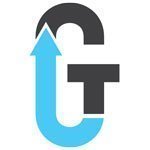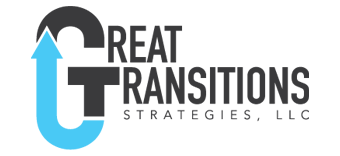“I need to accelerate my career; I just am not sure on how to approach it?”
If you ever said this to yourself, read on, this may help.
When working with clients on this topic I start with the following framework:
- Leadership – the ability to create a vision and lead a team to accomplish the vision
- Technical Expertise – the specific technical knowledge such as; finance, engineering, programing, marketing, etc. required for a position
- Tactical/Functional Expertise – the application of technical expertise in context. Such as accounting in a business context and programming to deliver to a customer.
- Business Knowledge – understanding the business fundamentals of the industry. Such as the business cycle, raising capital, cash flows, seasonal trends, hiring nuances, and supply chain.
Every position has the requirement for specific knowledge, skills, and abilities (KSA’s) in each of the above areas. Therefore, begin your journey by documenting the specifics. What is required in each area to be a member of the c-suite, a vice president, an executive vice president, or a director?
Here is the overview of a client’s experience, we’ll call him Trevor, as he worked to accelerate his transition to the next level. He started his research by networking and having informational interviews to educate himself on the next level requirements. Here is what he learned.
Leadership
He would be expected to lead an organization with up to 30 people with 4-6 direct reports. In his current role he was seen as a solid leader, leading project teams of 4-8 people for up to 4 months. He also learned about specific leadership education that would set him apart from his peers. The greatest revelation was the litany of specific achievements and experiences he needed to demonstrate.
Technical Expertise
His interviews revealed a bachelor’s degree is all he needed. Whew! That was a relief as he was thinking a two-year master’s program was a prerequisite. A masters would help but was not required.
Having grown up in the industry, he was confident he had a solid foundation of technical expertise. The more he talked the better he felt. It was clear, moving up would not happen without specific credentials and deep knowledge on the technical nuances of the industry. His credentials, certifications, and training were well respected. He was in good shape.
Tactical/Functional Expertise
This was a new one for him. The next level would have him taking projects from start to finish, applying his technical expertise in many different contexts. He had good experience, just not as broad as needed. An area of growth.
Business Knowledge
Trevor had led small teams with very little insight to the budgeting and revenue cycle. The deeper he dug the greater his anxiety around this area. Another area of growth.
“This research was a great experience and provided clarity on my path forward. I was able to hone in on the specifics I needed to work on. I took on the business knowledge as my top priority. I asked to be the lead on our annual budget process which also allowed me to increase my experience with leadership and functional expertise.”
Trevor developed a timeline for his progress. Several growth areas such as education and certifications had specific dates. Other areas had a general approach with the goal to take on opportunities as they came available. This gave him clarity on which opportunities to embrace and which to pass.
He also wrote a future resume, 14 months in the future, with all the skills and experiences needed for a promotion. The resume served as a focus and accountability tool for him to be ready to apply for the promotion in 14 months.
How could you apply this framework and benefit yourself or anyone on your team?






